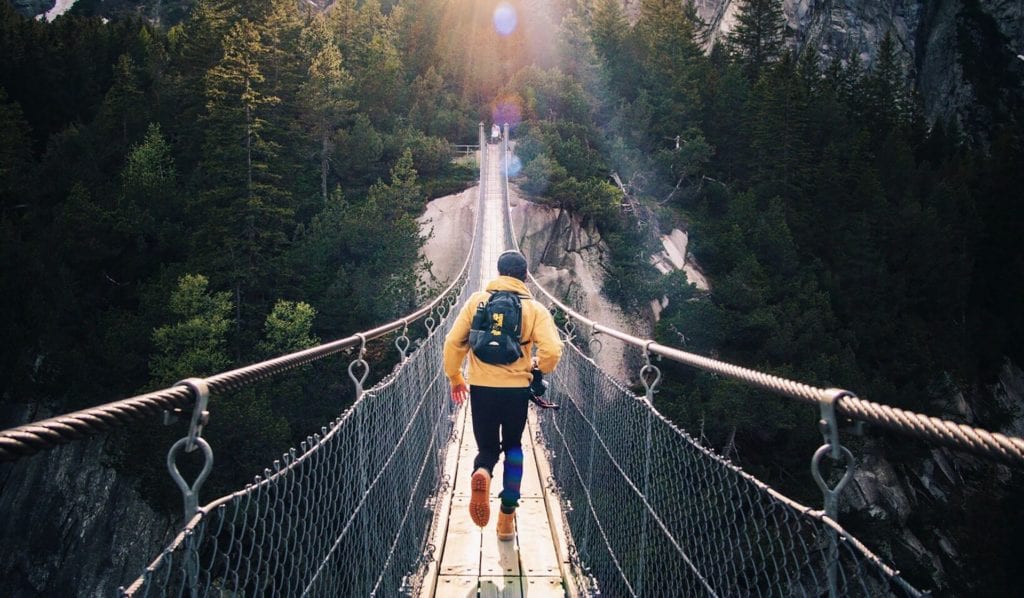
Why is solitary confinement considered among the worst punishments for people? Because our social fabric significantly contributes to mental health; taking it away jeopardises our individual and collective stability.
Yet, that’s essentially where we’ve ended up. The mandates to be six feet apart and masked have us seeing other humans as threats even when they’re not—as members of what psychologists call “out-groups,” the people who don’t belong to our inner circle and therefore deserve more scrutiny and skepticism.
Economic hardship is personal hardship
Nationwide protests to “open the country” derided as short-sighted or ignorant may actually be a plea to keep the human race human—to keep us involved with one another’s lives, even if only at the grocery store, movie theaters, beaches, and otherwise. These impulses to keep the social fabric intact are core to being human, regardless if you’re in line at the food bank or at Whole Foods.
In other words, the social is part of the economic. Thousands of years ago, it was each of us literally feeding or caring for the people around us that marked our success as a species. In today’s language, that reciprocity is known as “the economy.” A domino effect occurs when a significant percentage of a population faces insufficient livelihood: personal hardship manifests as economic hardship. Stories about personal suffering get reframed as scarcities of labor, or differences in politics. But they are one and the same.
Rebuilding our in-groups
To stay united—and connected—we need a reframe back to the personal. New York City Governor Andrew Cuomo posed a question recently that helps: “You want me to go back to work. Who’s going to watch my children if the schools are closed?” Even if each of us faces unique challenges, all of us face the same challenge of re-establishing our local, national, and global in-groups.
Psychologists refer to this pursuit as a “superordinate goal.” It’s one that an entire group works towards, and it has a unifying effect among diverse populations. We can harness that unity to experiment in small but important ways, such as Australia’s plan to open schools for one day a week to help determine the way forward.
More than ever, we need to think about the short- and long-term implications of how our choices impact the people and world around us. We are truly interdependent. Or, as David Rock, NLI’s CEO and Co-Founder, has repeatedly reminded folks at the end of our weekly webinars, “Remember, every single person on the planet is sharing this experience with you.” Let’s not let a mere six feet be our undoing.
By Mika Liss